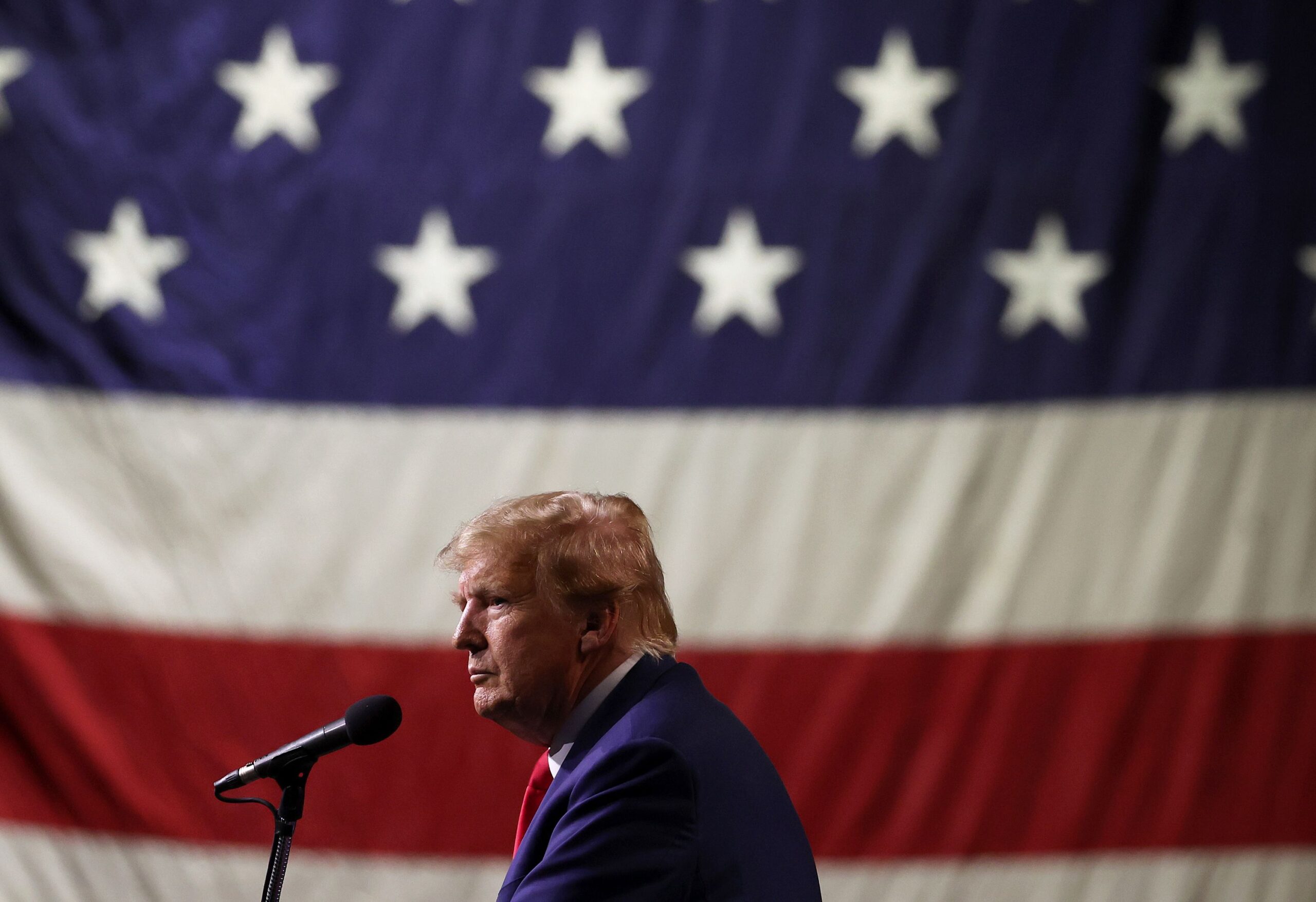Efforts to leverage the 14th Amendment’s “insurrectionist ban” to disqualify former President Donald Trump from future elections have seen mixed results. While Trump’s name has been temporarily removed from the ballot in Colorado and Maine, these decisions are on hold pending possible appeals. Conversely, similar attempts have been dismissed on procedural grounds in Minnesota, Michigan, and other states.
In California, despite mounting political pressure, the state’s chief election officer has opted to keep Trump on the list of certified candidates for the state’s GOP primary. As the 2024 primary cycle looms, other challenges are still in progress, including in Oregon.
The 14th Amendment: A Legal Grey Area
The 14th Amendment, ratified post-Civil War, disqualifies US officials who have taken an oath to uphold the Constitution from holding future office if they have “engaged in insurrection” or provided “aid or comfort” to insurrectionists. However, the Constitution does not specify how to enforce this ban, leading to ambiguity about its applicability to the presidency.
The amendment’s Section 3 states: “No person shall … hold any office … under the United States … who, having previously taken an oath … to support the Constitution of the United States, shall have engaged in insurrection or rebellion against the same, or given aid or comfort to the enemies thereof.”
Historical Precedents
The ban was extensively used to disqualify ex-Confederates in the late 1800s, but its application outside of the Civil War context is less clear. In 1919, Congress used the 14th Amendment to disqualify a socialist lawmaker from office. More recently, in 2022, a New Mexico judge invoked the 14th Amendment to remove a convicted January 6 rioter from his position as a county commissioner.
Trump, who is facing state and federal charges related to the Capitol riot and his attempts to overturn the 2020 election, has pleaded not guilty and has not yet gone to trial. The application of the 14th Amendment “insurrectionist ban” to a presidential candidate, especially one leading in the GOP polls like Trump, is unprecedented in American history.
Oregon’s Upcoming Decision
A significant 14th Amendment case is currently underway in Oregon. Liberal advocacy group, Free Speech For People, has filed a lawsuit directly at the Oregon Supreme Court, urging the justices to order Oregon’s secretary of state to remove Donald Trump from the 2024 primary and general election ballots due to his role in the January 6 insurrection.
Trump’s lawyers have urged the Oregon Supreme Court to dismiss the case. With all legal briefs now filed, a ruling could come at any time. However, Oregon Secretary of State LaVonne Griffin-Valade, a Democrat, has asked the court to dismiss the case on procedural grounds, arguing that it is not the right time to examine Trump’s eligibility for office.
Next Steps in Colorado and Maine
Trump’s legal team is expected to appeal the decisions to remove him from primary ballots in Colorado and Maine. The Colorado Republican Party has already appealed the state Supreme Court ruling, which has been paused pending appeal. This means Trump will be included on the state’s primary ballot when it’s certified on January 5, unless the US Supreme Court declines to take the case or affirms the Colorado ruling.
Maine Secretary of State Shenna Bellows, a Democrat, has put her decision on hold until Maine’s Superior Court issues a ruling. Bellows has reported receiving threats since her decision to remove Trump from the 2024 primary ballot.
This story will be updated as new developments arise.
Contributors: Ethan Cohen and Katelyn Polantz

